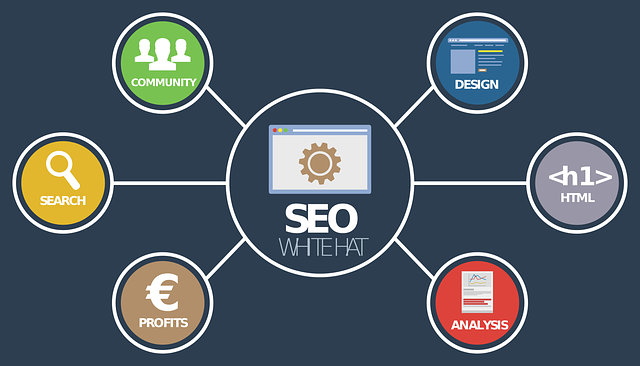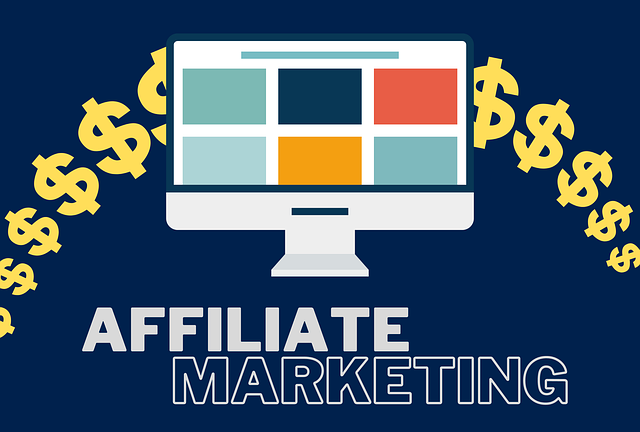A Digital Marketing Course is essential for navigating modern marketing strategies. It breaks down the customer journey into stages (awareness, consideration, conversion) using the marketing funnel model. Learners gain skills in SEO, content creation, social media engagement, and data-driven targeting. Lead nurturing involves engaging prospects with valuable resources, while converting visitors to customers requires optimized landing pages and CTAs. Success is measured through KPIs and analytics, enabling marketers to adapt strategies for improved performance in a dynamic digital landscape.
“Elevate your digital marketing game with our comprehensive guide to Marketing Funnel Strategies. In this course, we’ll take you on a journey through every stage of the funnel – from building targeted awareness to converting visitors into loyal customers. Learn powerful strategies for each phase, explore effective digital marketing techniques, and gain insights into analyzing data to refine your funnel for maximum success. Ready to unlock unparalleled growth? Dive into our Digital Marketing Course today.”
Understanding the Marketing Funnel: A Comprehensive Overview

In the realm of digital marketing, understanding the customer journey is key, and this is where the concept of a marketing funnel comes into play. A marketing funnel represents the various stages a potential customer passes through from initial awareness to final purchase, mirroring a literal funnel’s shape, where leads widen as they move further down. This strategic model is a cornerstone in any Digital Marketing Course, offering a comprehensive overview of how businesses can attract, engage, and convert prospects into loyal customers.
By visualizing the customer path, marketers can identify critical touchpoints and optimize their strategies accordingly. The funnel typically starts with awareness, where the goal is to attract a wide audience through various channels like social media, content marketing, and advertising. As potential customers learn more about a brand, they progress to the consideration stage, weighing options and evaluating products or services. This is where targeted content, comparisons, and customer testimonials come into focus. The final stage, conversion, is when leads make a purchase decision, and post-purchase experiences can either foster loyalty or drive customers away.
Digital Marketing Course: Unlocking Strategies for Each Stage

A comprehensive Digital Marketing Course is an invaluable tool for anyone looking to master the art of reaching and engaging potential customers in today’s online landscape. This course typically breaks down the complex world of digital marketing into manageable stages, each with its own unique strategies. By participating in such a program, learners unlock insights into how to effectively navigate the customer journey, from initial awareness to post-purchase loyalty.
Each stage of the Digital Marketing Course offers specialized techniques. For instance, the awareness phase focuses on brand visibility and content creation to attract attention. The consideration stage involves targeted advertising and social media engagement to build interest. Conversion strategies then aim to turn visitors into customers through calls to action and optimized user experiences. Finally, retention and loyalty programs are designed to foster long-term relationships with clients, ensuring repeat business and positive word-of-mouth recommendations.
Building Awareness: Attracting Your Target Audience Online

In today’s digital era, building awareness and attracting your target audience online is more accessible than ever before. A robust Digital Marketing Course equips individuals with strategic tools to navigate this landscape effectively. By understanding search engine optimization (SEO) best practices, leveraging social media platforms, and crafting compelling content, marketers can increase their brand’s visibility and capture potential customers at the top of the marketing funnel.
A well-structured Digital Marketing Course teaches participants how to identify and target specific demographics using data analytics. This enables them to create tailored online campaigns that resonate with their audience, driving organic traffic and fostering engagement. Ultimately, these strategies help businesses establish a strong foundation for converting interested viewers into loyal customers.
Nurturing Leads: Engaging and Educating Prospects

In a comprehensive Digital Marketing Course, nurturing leads is a crucial phase that involves engaging and educating prospects to move them further down the sales funnel. It’s about building relationships and providing value at every step. Through targeted content marketing, email campaigns, and personalized communication, businesses can capture the interest of potential customers who are in the consideration or decision-making stage. By offering informative blogs, webinars, or free trials, companies can educate their audience, establishing themselves as trusted authorities in their industry.
This strategy allows for a deeper connection with leads by addressing their pain points and demonstrating how the product or service can provide solutions. Consistent and meaningful interactions foster trust, encouraging prospects to convert into loyal customers. A well-planned nurturing campaign ensures that marketing efforts are not just about generating leads but also about converting them effectively.
Converting Visitors into Customers: Optimizing Sales Channels

Converting visitors into customers is a pivotal stage in any Digital Marketing Course, where effective strategies can significantly boost sales. Optimizing sales channels involves understanding customer behavior and tailoring experiences accordingly. This includes refining landing pages for better user engagement, utilizing compelling calls-to-action (CTAs), and ensuring seamless navigation throughout the purchase process. By implementing these tactics, businesses can increase conversion rates and maximize revenue.
Additionally, leveraging data analytics to track visitor interactions provides valuable insights into customer preferences and pain points. This information empowers marketers to make data-driven decisions, continually improving the sales funnel. A well-optimized channel not only attracts more visitors but also fosters a positive experience that encourages repeat business and promotes organic growth.
Measuring Success: Analyzing Data and Refining Your Funnel

Measuring success is a vital step in any Digital Marketing Course, as it allows you to analyze the effectiveness of your marketing funnel strategies. By tracking key performance indicators (KPIs), such as conversion rates, click-through rates, and customer acquisition costs, you can identify which parts of your funnel are performing well and which areas need improvement. Advanced analytics tools enable you to delve into user behavior, understanding their journey through your funnel, from initial contact to purchase and beyond.
This data is then used to refine your funnel, optimizing each stage to enhance overall performance. You may discover that certain marketing channels or content pieces are driving more conversions, prompting you to allocate resources accordingly. Regularly analyzing and refining your funnel ensures it remains a dynamic and effective strategy, adapting to market changes and user preferences in today’s digital era.
